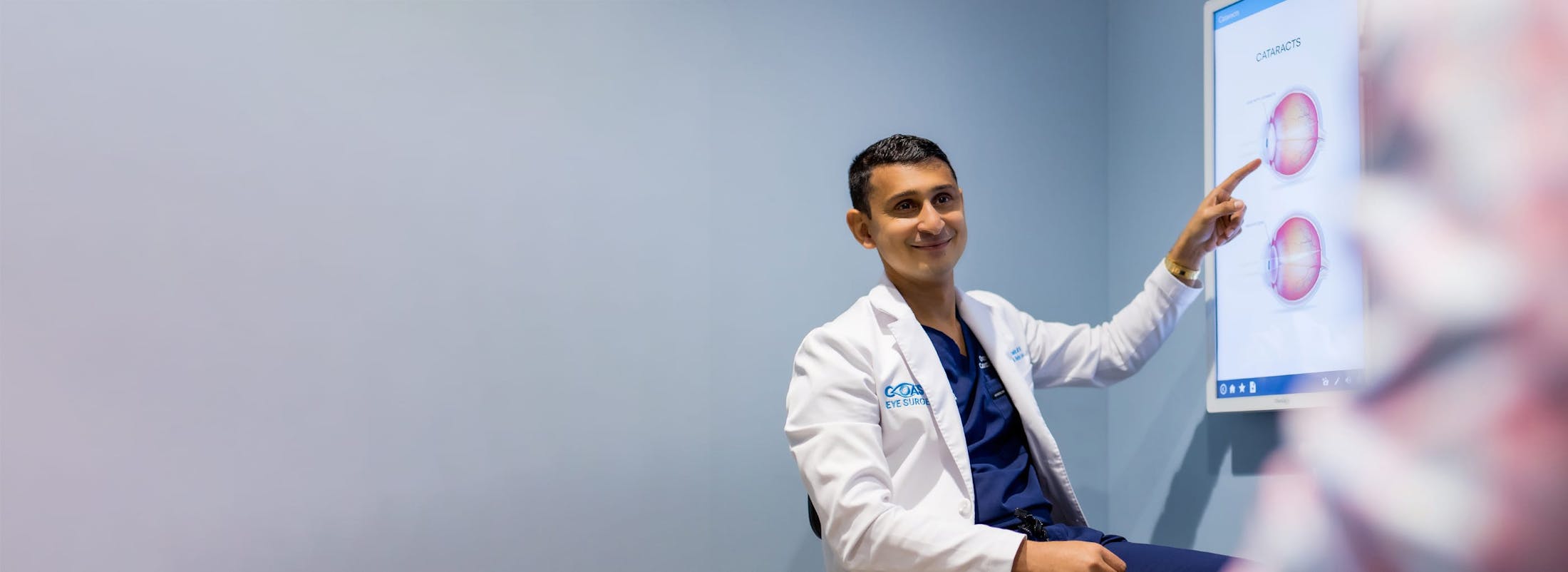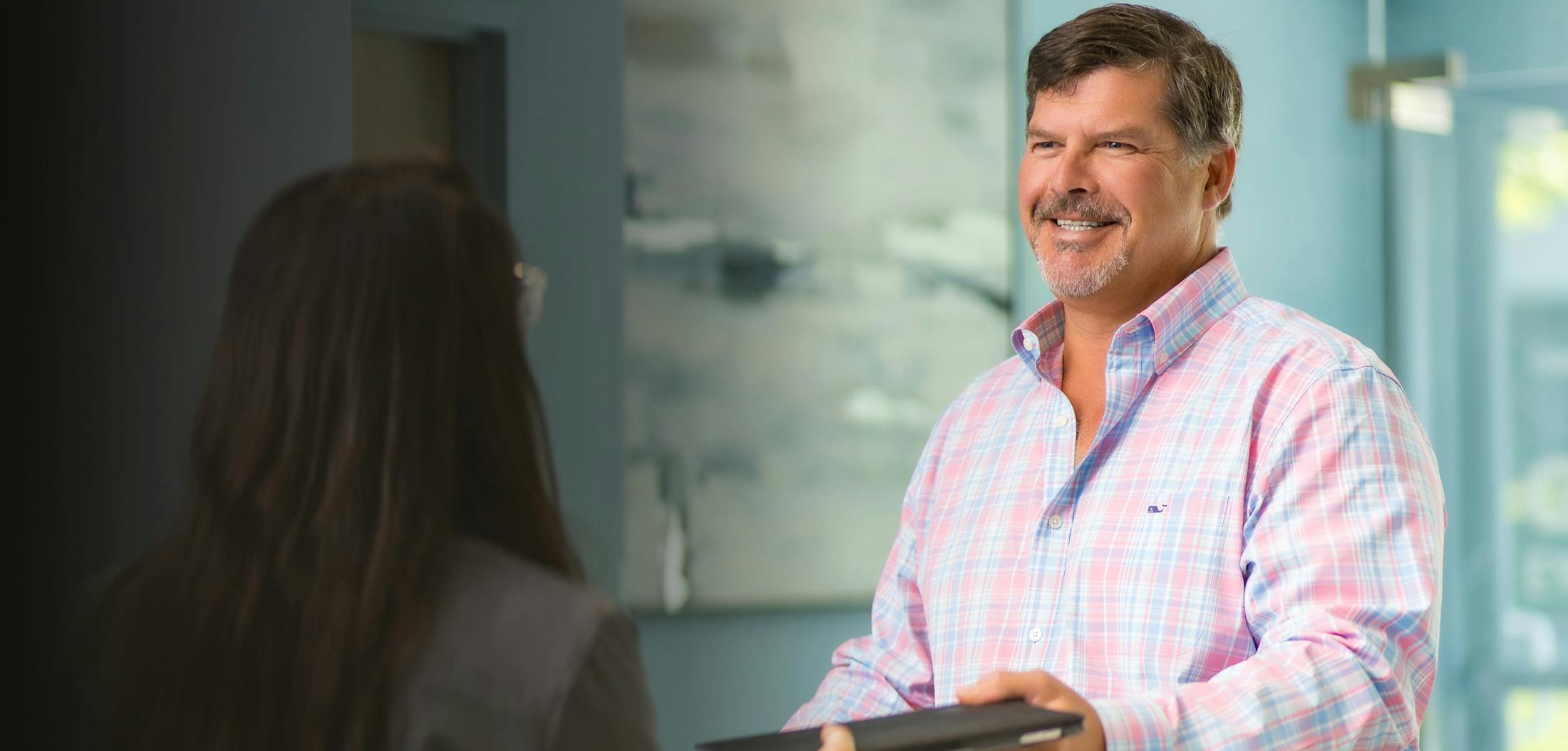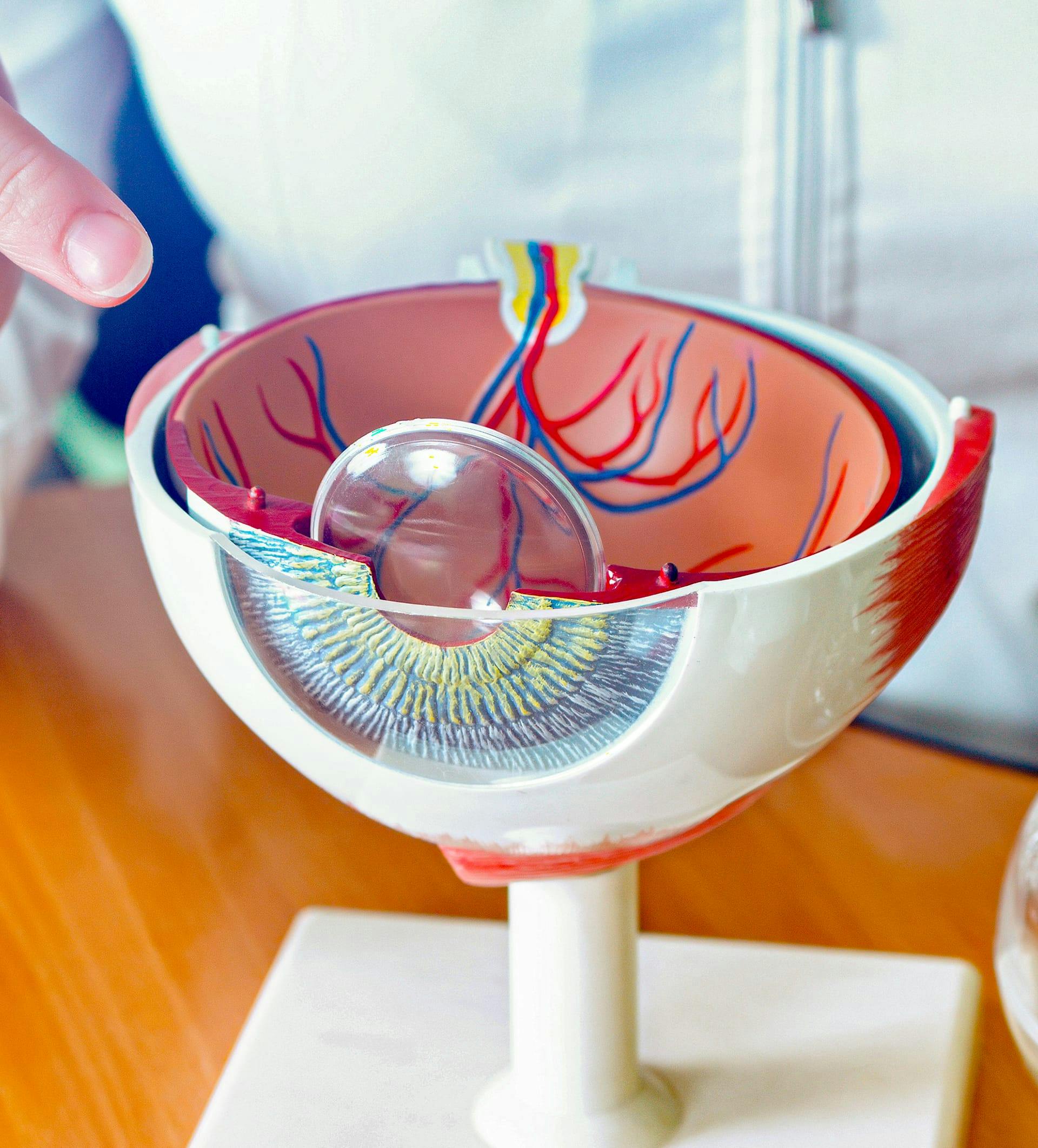Cataracts cloud the vision of many older adults. Fortunately, this common vision problem is highly treatable with laser cataract surgery in Greenwich, CT.
meet the doctorDr. Omar Shakir, MD, MBA
Dr. Omar Shakir MD, MBA is a distinguished board-certified and Yale fellowship-trained ophthalmologist boasting an incredible track record for success in the field of eye care. At Coastal Eye, situated in vibrant Greenwich, Connecticut, Dr. Shakir serves as a beacon of surgical eye care for patients all over, and especially locally in Fairfield County (CT), Westchester County (NY), New York City, and the surrounding areas. With an unwavering dedication to staying at the forefront of advancements, Dr. Shakir employs the latest technologies and cutting-edge techniques, epitomizing his commitment to providing unparalleled quality care to his esteemed patients.




















